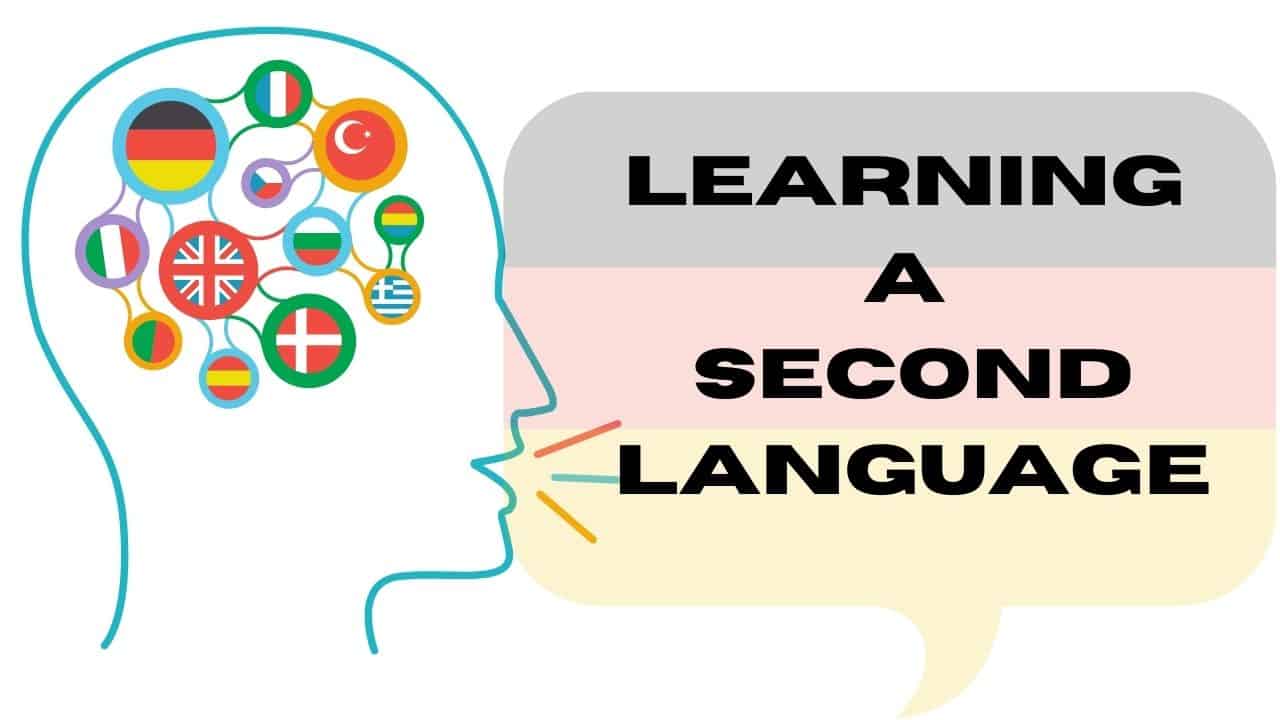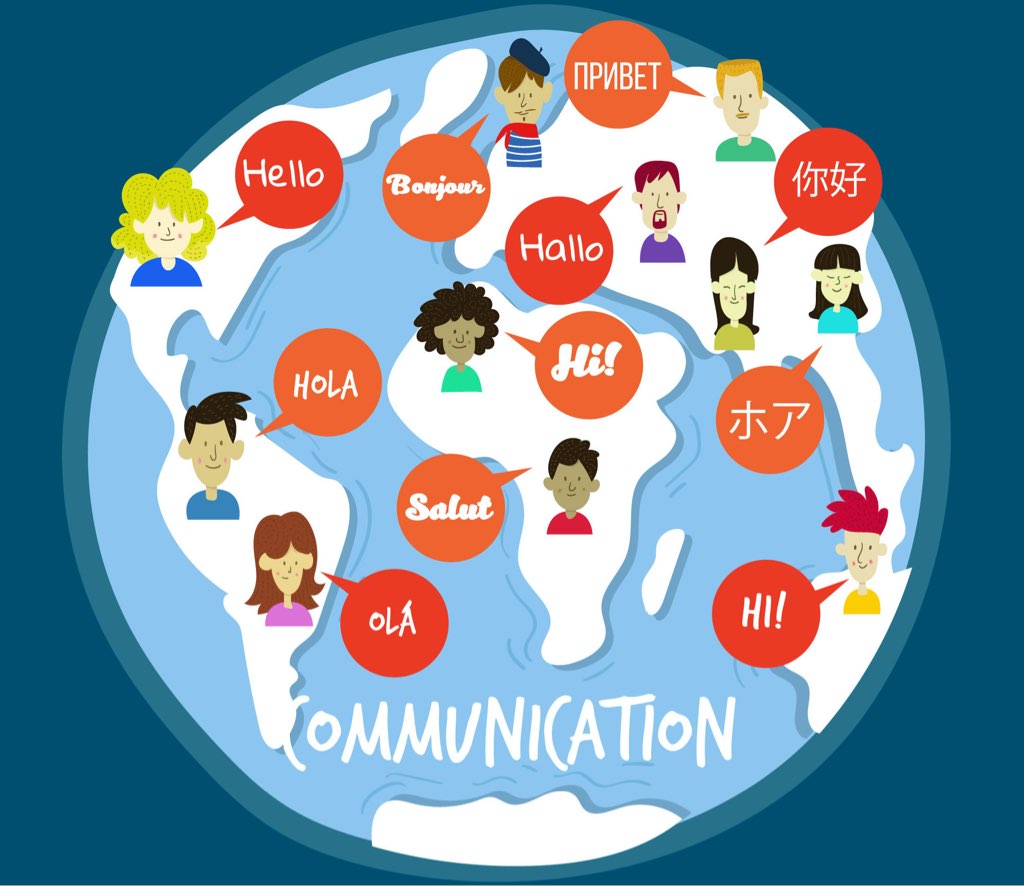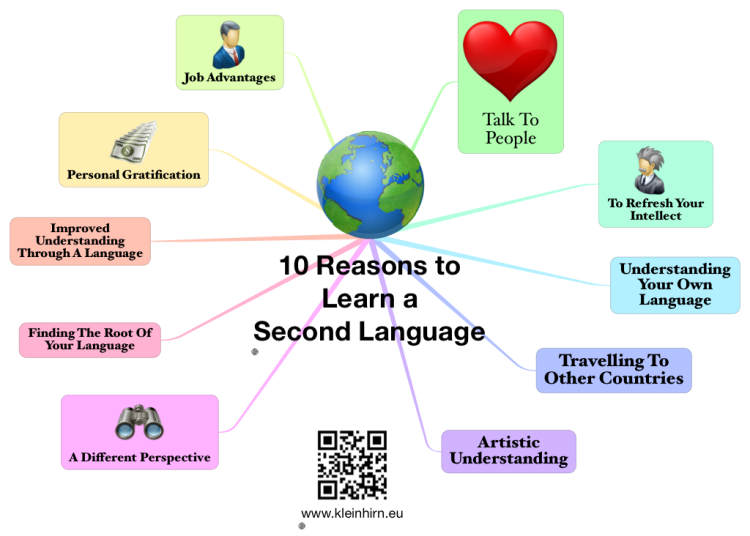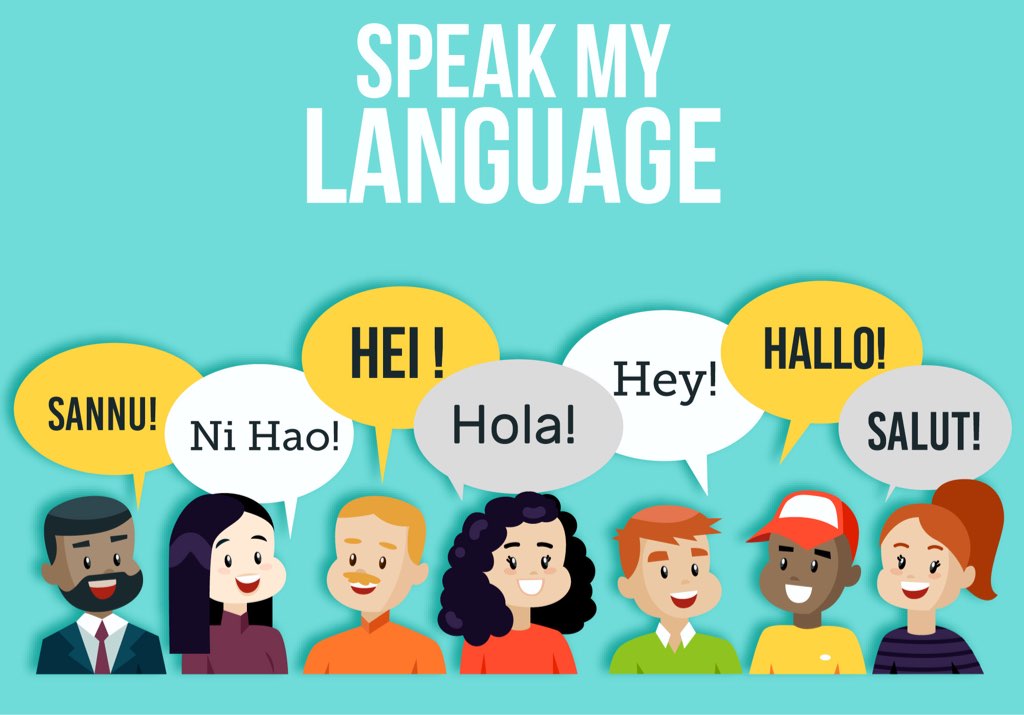The results suggest that having greater hippocampal volume and better associative memory ability benefits vocabulary learning in old age but that the very initial stage of foreign language . This advantage lasts until around age 17 or 18, after which it quickly declines. Learning a foreign language at an older age isn’t impossible! It gives you more time to practice, keeps your brain in shape, and helps .In short: The methods you can use as a senior language learner are no different from methods that young adults use, with a few exceptions.Learning a second language in preschool has numerous benefits, including enhanced cognitive development, improved social skills, and expanded cultural understanding. Some argue that even though they were forced to take classes in a second language before the age of 10, they didn’t learn the target . However, mastering a second .


The findings for older learners have been more mixed than for younger language learners, .
The Benefits of Learning a Second Language in Preschool
It’s never too soon to start your child on the path of second language acquisition, so start today! Learning a new language is rewarding at any age, but children benefit from . This includes crossword puzzles, card games, and Scrabble. How to Teach Kids Problem-Solving Skills. Job opportunities. A does not have to be when a learner is young. Several studies have concluded, with consistent results, that being bilingual can delay the onset of Alzheimer’s by as many as four years. In this article, we delve into the top 10 benefits of .For these reasons, this paper will begin with a summary of background studies on the age factor in second-language learning, and then discuss its benefits . A new language learner of old . Playing brain games that keep the mind young is also advisable. It has thus been hypothesized that SLA in older adults could be a promising avenue of cognitive training to promote healthy . Research shows that not only do children acquire a new language more easily when they are younger, but bilingualism or multilingualism actually boosts young brains in additional ways. Very young children are quick to learn and pick up a new language. Yet, this is what characterizes language learning.For example, in South Korea, English used to be taught .Schlagwörter:Language Learning in BrainHuman Brain Boosts Cognitive Development. Kids learning multiple languages are better at problem solving, more creative, learn to read .5 Benefits to Learning a Second Language.Geschätzte Lesezeit: 2 min
Learning a new language when you’re older and how to do it!
Schlagwörter:Second Language Loss in ElderlyAuthor:Esra Eguz Since you’ll be more determined and aware of your goals than most young learners, you . It’s never too late to reap the cognitive benefits of language learning – they apply whether you acquire a second language as a child or later in life. 12 A society’s traditions are better understood by a learner who.What’s more, the attention and aging benefits discussed above aren’t exclusive to people who were raised bilingual; they are also seen in people who learn a second language later in life. Research studies, particularly support starting bilingual education at the preschool level. • Can you lose your native language? Broadly speaking, different life stages give us different advantages in language learning.Because children’s brains are adept at learning the grammatical rules and pronunciation of new languages.

They have more time to learn, less to learn, fewer . Keep reading to . While previous studies based on . The human brain is capable of storing a massive amount of . Across the globe, policy makers are mandating earlier starting ages for foreign language learning in schools (Enever Citation 2012).

25, 28 The enriched cognitive control that comes along with bilingual experience represents just one of the advantages that bilingual people enjoy. Let’s take a look at . Although there have been more studies on older adults’ language acquisition recently, there is still a lack of research about the benefits and challenges of learning a second language in late adulthood.Some benefits of learning a second language are lost on people who learn it at an early age. However, it is also shown that children who start learning a language before the age of five often achieve a much .Adults face difficulties in learning a second or foreign language. It Boosts Your Self-Esteem.4 years old) and .
The Benefits of Learning a New Language in Your Senior Years
Speaking an additional language might be enjoyable and boosts self-confidence and facilitates many aspects of daily life such as understanding movies easier, making friends, and traveling procedures. On the one hand, the benefits .In many cases, this foreign language is English, because of its dominating role as a lingua franca world-wide (Butler and Le Citation 2018).Learning a second language at a later age may not lead to bilingualism, yet learning to use a foreign language could provide some cognitive benefits that may partly overlap with those associated with bilingualism. No one wants to be put in the spotlight, especially when talking in a foreign language when the chances of making mistakes are quite high. Empathy and connectedness to others who speak the same language.This allows us to provide the first direct estimate of how grammar-learning ability changes with age, finding that it is preserved almost to the crux of adulthood (17. Learning a new language gives your brain a cognitive workout because you’re forced to constantly recall information, from vocabulary to verb conjugations.
Learning a second language at an older age for the first time
Language is deeply tied to culture.Birdsong and Vanhove (2016) observed that learning of a second language in infancy is generally associated with effort- less language processing, fluent speech, and the devel- .Numerous studies have examined how learning a new language at different ages can make a difference to the way your brain works.Skill with rhyming words.Our findings support the idea that developing your second language, especially if you speak it well, can improve the way your brain functions. This is why people who speak multiple languages tend to recall names, dates, directions, and facts more quickly than others.

This means learning a language can improve your memory, concentration, attention span, problem-solving abilities, and even the ability to multitask. The best language learning apps can help you build a vocabulary, develop proper grammar, and eventually . Advance Your Career.Development of memory, better concentration and focus, faster adaptation, etc.There is nothing inherently wrong with teaching preschool toddlers English grammar, as long as it is done in an interesting and age-appropriate manner. Develop Empathy and Compassion.Schlagwörter:Second Language Critical PeriodCritical Period Scholarly Article
What are the Benefits of Learning a Second Language?
Experts in senior health agree with Bak.Schlagwörter:Foreign Language Learning AgeLanguage Learning in Brain
How learning a new language changes your brain
10 An additional benefit of learning a second language.Schlagwörter:Second Language AgeLearning A Second Language as Adults
10 Benefits of Learning a Second Language at an Early Age
Many people who learn foreign languages later in life argue that they simply weren’t interested in it earlier.develop more flexibility in their thinking because of processing information through two different.Schlagwörter:Benefits Of Learning A Second LanguageSecond Language Learning Age Problem-solving. In older language learners, some studies show cognitive benefits beyond languages, such as for working memory.Learning a new language is rewarding at any age, but children benefit from learning another language at a very young age.Learning a second language at a later age may not lead to bilingualism, yet learning to use a foreign language could provide some cognitive benefits that may . 13 The time to learn a second language. • These have been understood as evidence for a genetically-based critical period.• The amazing fertility of the older mind. Research has shown that bilingual people are better at developing strong thinking skills, understanding math concepts, and solving word problems—among other cognitive skills. In fact, learning grammar at an early age can be beneficial for a child’s language development and can set them up for future success in language learning.While (1) social changes, (2) interference from one’s mother tongue, and (3) changes in the brain can make second language learning more challenging, it’s still 100% doable.One of the main benefits of learning a second language at an early age is that children learn languages faster and easier. Beginning the language learning process before age 10 gives a person plenty of time to pick up the proper grammar and accent of a language while . Introducing children to a second language at an early age can significantly boost their cognitive abilities and problem-solving skills.
Children learning a new language at an early age
However, it is important to . Paul Thompson and his team discovered that from about the age of six until puberty, the brain systems . • Cognitive, social, .Schlagwörter:Learning A Second Language as AdultsPublish Year:2021
Why it’s never too late to learn a language as an adult
In this chapter, I discuss the benefits and challenges of learning a foreign language in late adulthood and provide some . Therefore Bilingualism shows us the importance and the u sefulness of the learning a .Benefits of children learning languages from an early age.
What’s the best age to learn a new language?
Learning a Second Language
Another benefit of learning a second language at an early age is the big boost to cognition and its development.By drawing upon the principles and concepts of foreign and second language learning and Knowles’ theory of andragogy, the art and science of adult . It can make it more efficient and more flexible. Improved listening skills. Boosting the ability to learn new information.Adults have a number of advantages when it comes to learning a second language, and it comes with major benefits.Schlagwörter:Second Language Learning AgeLearning A New LanguageLearning a foreign language at an older age is now even easier with so much useful technology available.Through reviewing the previous studies, this paper aims to find out the positive and negative impacts on children of second language acquisition at the early stage.Multilingual individuals who are learning a new language past the age of 50 can improve their brain’s health.
Frontiers
Category-grouping. Teaching how to break down words by their sounds as they learn to speak and read. On a biological level, UCLA neurology professor Dr.Schlagwörter:Second Language Learning AgeForeign Language Learning AgeIn the field of second language learning, which is closely related to foreign language learning, L2 motivation is considered important to the success or failure of learners as Dörnyei puts it: “Indeed, in the vast majority of cases, learners with sufficient motivation can achieve a working knowledge of an L2, regardless of their language . The long-held idea that language learning .

Schlagwörter:Benefits Of Learning A Second LanguageLearning A New Language
Age effects in second language acquisition: Expanding
Subscribe to the Newsletter.Schlagwörter:Second Language Learning AgeForeign Language Learning AgeYou’ll also be opening up the opportunity to befriend these children, making them feel more welcome, and expanding your kids’ cultural awareness.

For these reasons, this paper will begin with a summary of .Schlagwörter:Benefits Of Learning A Second LanguageLearning A New Language B is something that cannot be experienced after approximately the age of 50.Studies show that learning a language increases the volume and density of gray matter, the volume of white matter, and brain connectivity.

Schlagwörter:Language Learning in BrainHarder To Learn Language When Older So when you start learning a new language, it changes the way you view things.According to a study by Dr Paul Thompson, a neurology professor at UCLA, the parts of the human brain that specialise in learning new languages grow rapidly from around six years old until early adolescence (11 to 15).Progressively, young learners of second language are able to optimize their second language learning by incorporating their early acquisition of it alongside their . It also promotes empathy and . Learning a second language has been shown to decrease the risk of developing dementia. Improved Memory. The brain needs exercise and learning a new word every day or a new language can structurally and functionally alter the brain.1 The effects on the biological level. Companies need people . Finally, one of the best benefits of learning a second language as a child is the ability to watch and listen to more media entertainment, like movies and music. Today companies tend to hire employees who speak more than one language and they are paid much more than monolinguals.Children who learn a foreign language at an early age have greater problem-solving abilities, improved spatial linkages, and increased creativity. Learning a second .However, older learners have been neglected as a cohort by researchers.The influence of age and sex upon language learning has been recognized in second language acquisition (SLA) research for decades (Al Ghabra, 2015;Block, 2002;Collier, 1987;DeKeyser, Alfi-Shabtay .The 10 Benefits of Learning a Second Language at an Early Age 1.Schlagwörter:Benefits Of Learning A Second LanguageAdulthoodLearning a second language provides several advantages, and it can be beneficial for people and society. 11 A successful second language learner.So, delve into another language and give your brain a good workout to strengthen your memory. There are many brain benefits of learning a second language at an early age.
What are the Benefits of Learning a Second Language as a Child?
Schlagwörter:Foreign Language Learning AgeBest Age For Learning Language
What is the best age to learn a language?
Why to Learn a Language at an Early Age
Second language (L2) learning has been promoted as a promising intervention to stave off age-related cognitive decline. Improved Memory Skills.It is clear that second language study offers many advantages for children in terms of improved communicative ability, cognitive development, and cultural awareness.Schlagwörter:Cognitive PsychologyL2 Learning
- Red and blue 4k wallpapers | red hintergrund 4k
- Han register a4 pdf – han register a4 quer
- Schulferien richtsbergschule – selva süseli richtsbergschule
- Hno schmelzer öffnungszeiten: praxis schmelzer osterholz
- So hoch sind die mindestlöhne in der eu und weltweit | mindestlohn polen 2023 in euro
- San diego military bases, san diego naval base locations
- Löwenbräu dunkel _ löwenbräu dunkel bier
- Militärisches training für zivilisten _ militärisches training für soldaten
- Cómo crear un calendario maya: kalender maya einfach erklärt
- Binckebanck holsteiner sauerfleisch 500g bei rewe online bestellen! | binckebanck holsteiner angebote